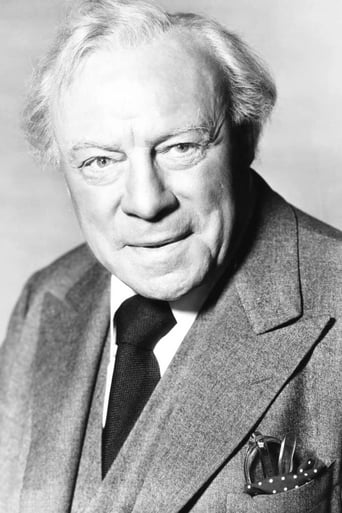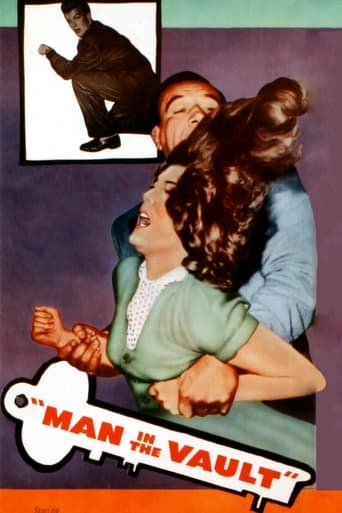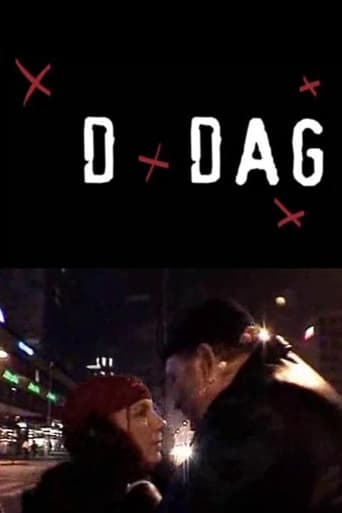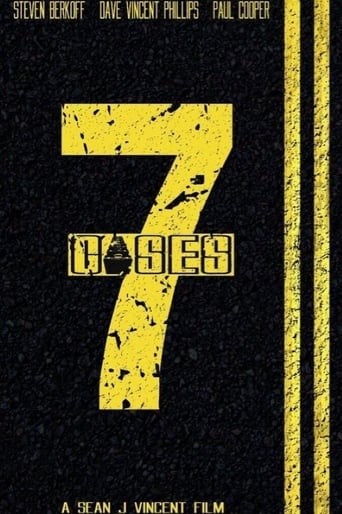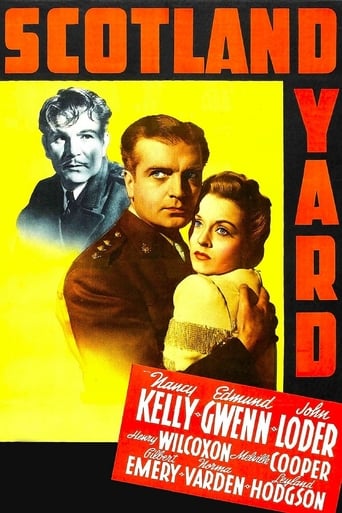

Scotland Yard (1941)
Inspector Cork pursues a bank robber who serves in the army and receives facial injuries. After plastic surgery he shows up as a bank president planning an enormous robbery.
Watch Trailer
Cast
Similar titles



Reviews
Good movie, but best of all time? Hardly . . .
Instead, you get a movie that's enjoyable enough, but leaves you feeling like it could have been much, much more.
Excellent and certainly provocative... If nothing else, the film is a real conversation starter.
This movie feels like it was made purely to piss off people who want good shows
I'm puzzled why this interesting "B"-grader directed by Norman Foster is not listed for preservation. In the first place, as with almost all of 20th Century-Fox "B" grade entries, Production Values are first class. And even more importantly, Foster's direction is extremely capable. His compositions are agreeably tight and he employs many close-ups which, unlike those in most TV movies, are not only reasonably tight but are smoothly and adeptly integrated into the flow and rhythm of the film. Perhaps even more importantly, the cast is very strong. Edmund Gwenn (the police inspector), plus Leo G. Carroll and Lillian Bond (as the Nazi agents) turn in their usual first-rate performances, while Nancy Kelly makes a charming and sympathetic female lead. Even more importantly, the switch from Henry Wilcoxon to John Loder is managed with unobtrusive skill and admirable ease.Sets and costumes are attractive, whilst the photography - in an unobtrusive display of impeccable craftsmanship - contrives to both flatter the players and set the right moods. And I've no doubt the screenplay's double identity theme will delight all viewers who have a fondness for such ploys. My only quibble - and the reason I've not given this little gem of a movie a higher rating - is that the conclusion (although actually based on fact) makes the inspector's previous actions seem somewhat forced and even stupid.

